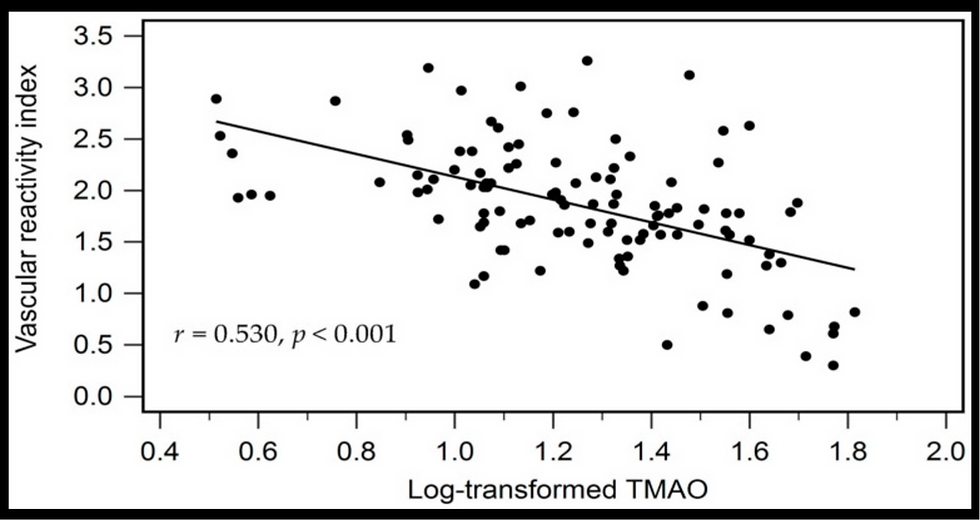Peripheral Microvascular Function Reflects Coronary Vascular Function
- heartlung
- Jan 16, 2023
- 2 min read
Arterioscler Thromb Vasc Biol. 2019 Apr 25:ATVBAHA119312378. Peripheral Microvascular Function Reflects Coronary Vascular Function. Al-Badri A1, Kim JH1, Liu C1, Mehta PK1, Quyyumi AA1. Author information 1From the Division of Cardiology, Department of Medicine, Emory University School of Medicine, Atlanta, GA. Abstract Background- Coronary endothelial dysfunction is a precursor of atherosclerosis and adverse outcomes. Whether endothelial dysfunction is a localized or generalized phenomenon in humans remains uncertain. Objectives- We simultaneously measured femoral and coronary vascular function with the hypothesis that peripheral vascular endothelial function will be reflective of coronary endothelial function. Approach and Results- Eighty-five subjects underwent coronary angiography for evaluation of chest pain or abnormal stress tests. Endothelium-dependent and -independent vascular function were measured using intracoronary and intrafemoral infusions of acetylcholine and sodium nitroprusside, respectively. Coronary flow reserve was assessed using intracoronary adenosine infusion. Flow velocity was measured in each circulation using a Doppler wire (FloWire, EndoSonics). Coronary vascular resistance and femoral vascular resistance were calculated as mean arterial pressure (mm Hg)/coronary blood flow (mL/min) and mean arterial pressure (mm Hg)/femoral average peak velocity (cm/s), respectively. Mean age was 53±11 years, 37% female, 44% hypertensive, 12% diabetic, and 38% had obstructive coronary artery disease. There was a correlation between the change in femoral vascular resistance with acetylcholine and acetylcholine-mediated changes in both the coronary vascular resistance ( r=0.27; P=0.014) and in the epicardial coronary artery diameter ( r=-0.25; P=0.021), indicating that subjects with normal endothelial function in the femoral circulation had normal endothelial function in the coronary epicardial and microcirculation and vice versa. The coronary vasodilator response to adenosine also correlated with the femoral vasodilatation with acetylcholine ( r=0.4; P=0.0002). There was no correlation between the coronary and femoral responses to sodium nitroprusside. Conclusions- Endothelial functional changes in the peripheral and coronary circulations were modestly correlated. Thus, peripheral microvascular endothelial function reflects endothelium-dependent coronary epicardial and microvascular function and the coronary flow reserve. KEYWORDS: acetylcholine; atherosclerosis; coronary artery disease; nitroprusside; vascular resistance Full-Text
![Lipoprotein(a) levels predict endothelial dysfunction in maintenance hemodialysis patients: evidence from [VENDYS] vascular reactivity index assessment](https://static.wixstatic.com/media/dac531_5285607cc591409a9d83746f042af7c6~mv2.png/v1/fill/w_980,h_980,al_c,q_90,usm_0.66_1.00_0.01,enc_avif,quality_auto/dac531_5285607cc591409a9d83746f042af7c6~mv2.png)


Comments